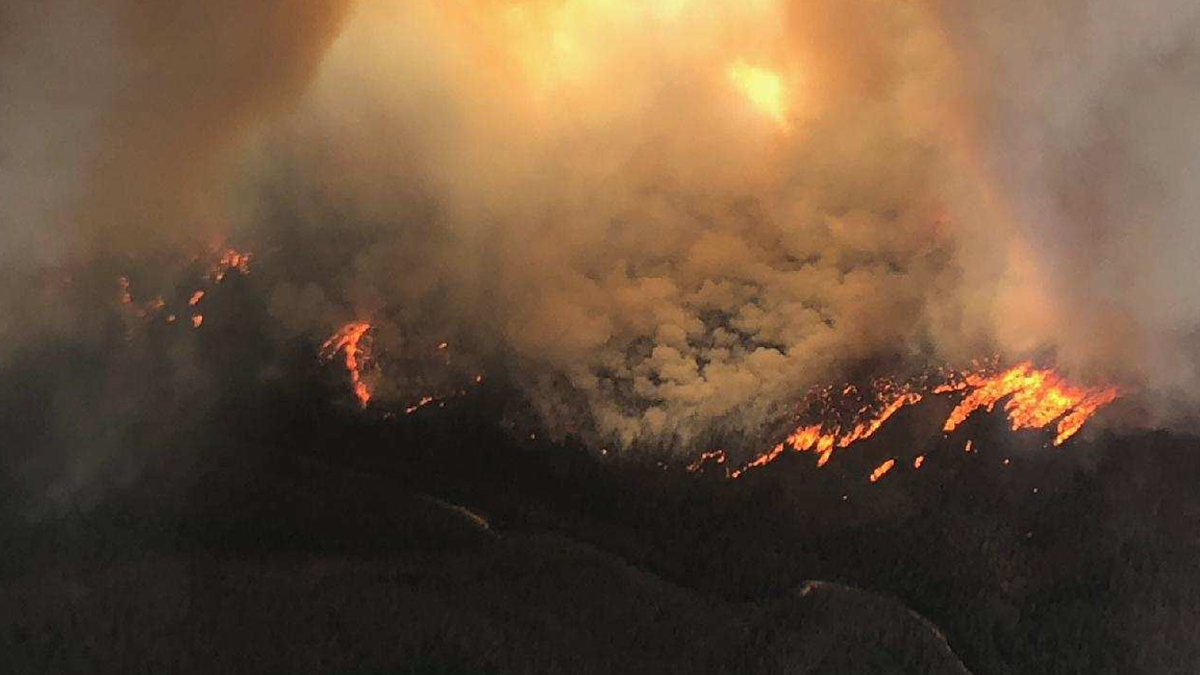Wildfires not only spread disaster for thousands of residents across the west in 2020, but they caused headaches for hunters and the wildlife agencies that depend on vital funds generated by hunting licenses and fees.
“We know there were people that did not show up due to the fires and COVID; there was a lot of concern there,” Randy Hampton, Colorado Parks and Wildlife (CPW) public information officer, told the Craig Daily Press.
CPW certainly felt the pinch by suffering an estimated $2 million shortfall because it refunded licenses and tags to hunters unable to access hunting grounds because of the fires. Fortunately, the sale of over-the-counter hunting and fishing licenses made up for that deficit.
The CPW Commission adopted a rule change and implemented it on July 1, 2020, requiring all visitors 18 or older to possess a valid hunting or fishing license to access any State Wildlife Area or State Trust Land leased by CPW.
“Colorado Parks and Wildlife manages over 350 State Wildlife Areas and holds leases on nearly 240 State Trust Lands in Colorado, which are funded through the purchase of hunting and fishing licenses,” said Southeast Regional Manager Brett Ackerman. “The purpose of these properties is to conserve and improve wildlife habitat, and provide access to wildlife-related recreation like hunting and fishing that are a deep part of Colorado’s conservation legacy.”
Because these properties have always been open to the public, not just to the hunters and anglers that purchased them and pay for their maintenance, many people visit the properties and use them as they would any other public land.
The largest three wildfires in Colorado history all burned during 2020. The total swath of land consumed by statewide fires exceeded 700,000 acres.
(Photo source: U.S. Forest Service-Arapaho & Roosevelt Natl Forests Pawnee Natl Grassland)
